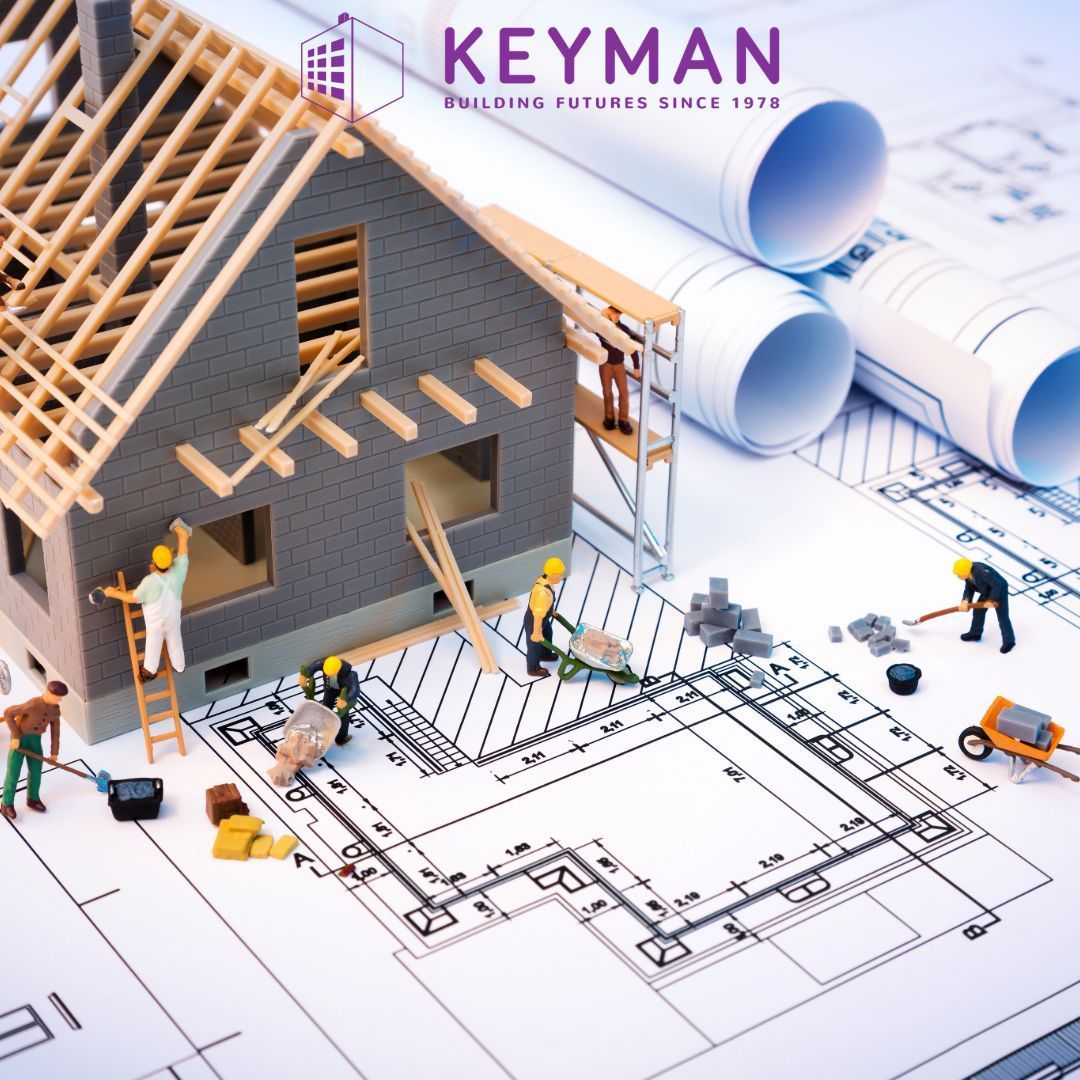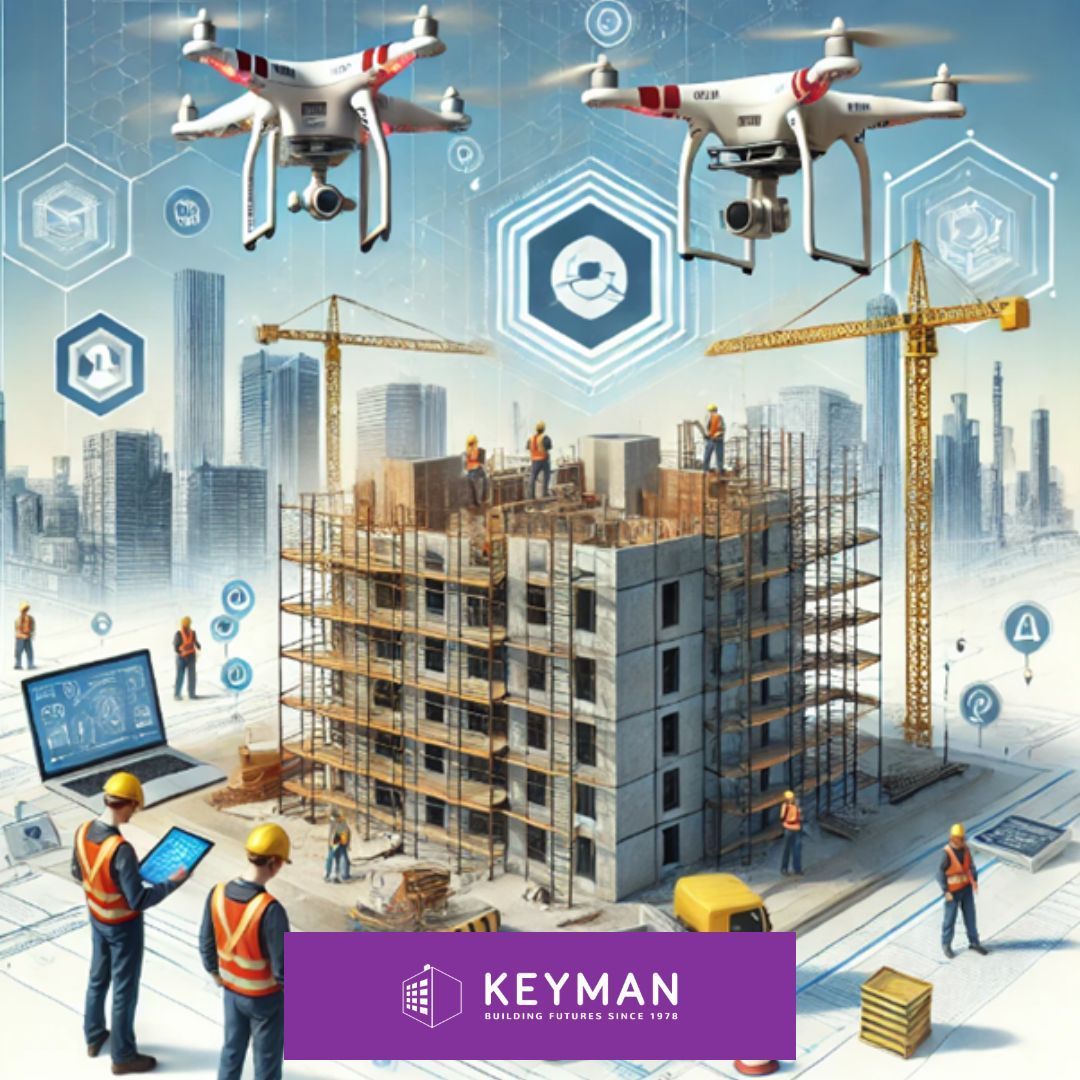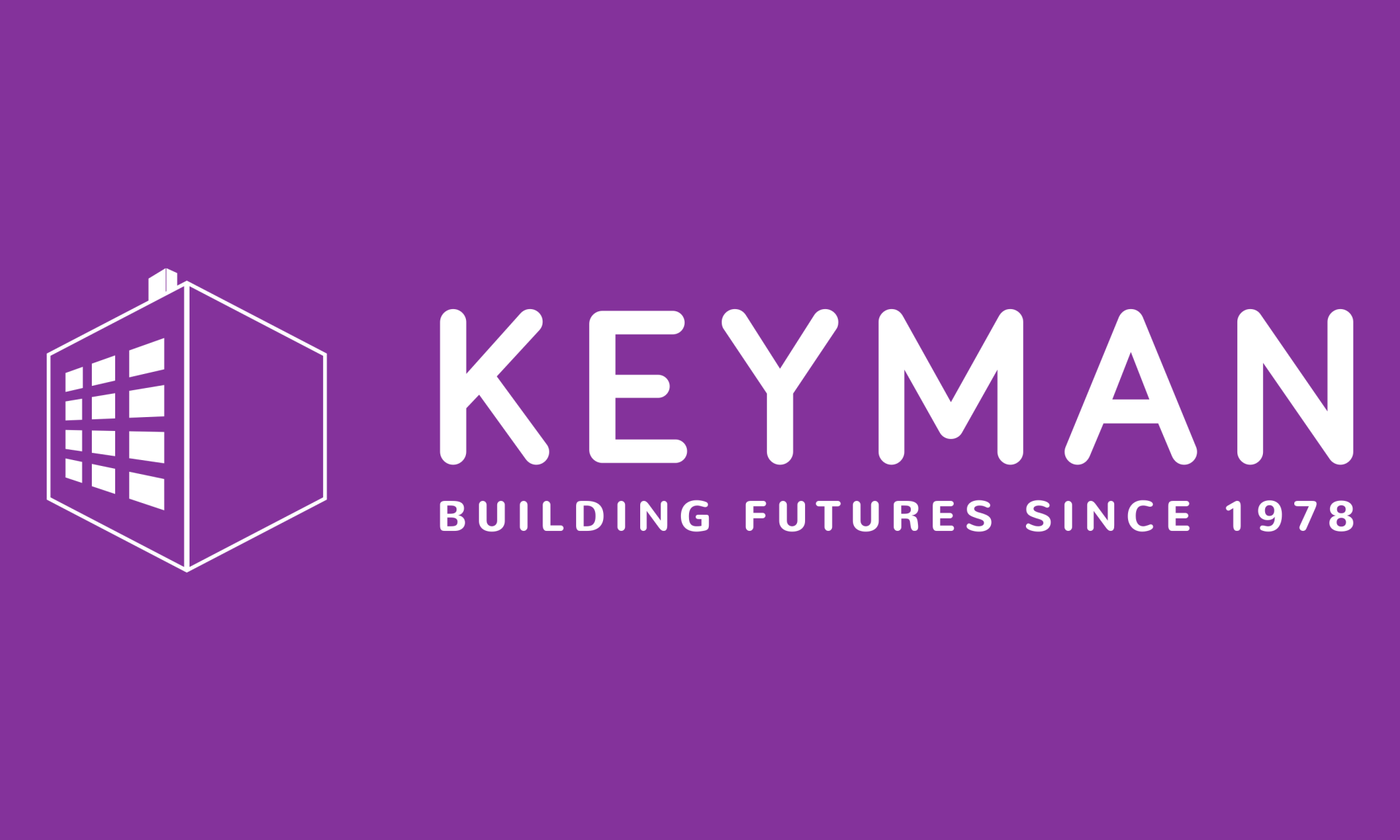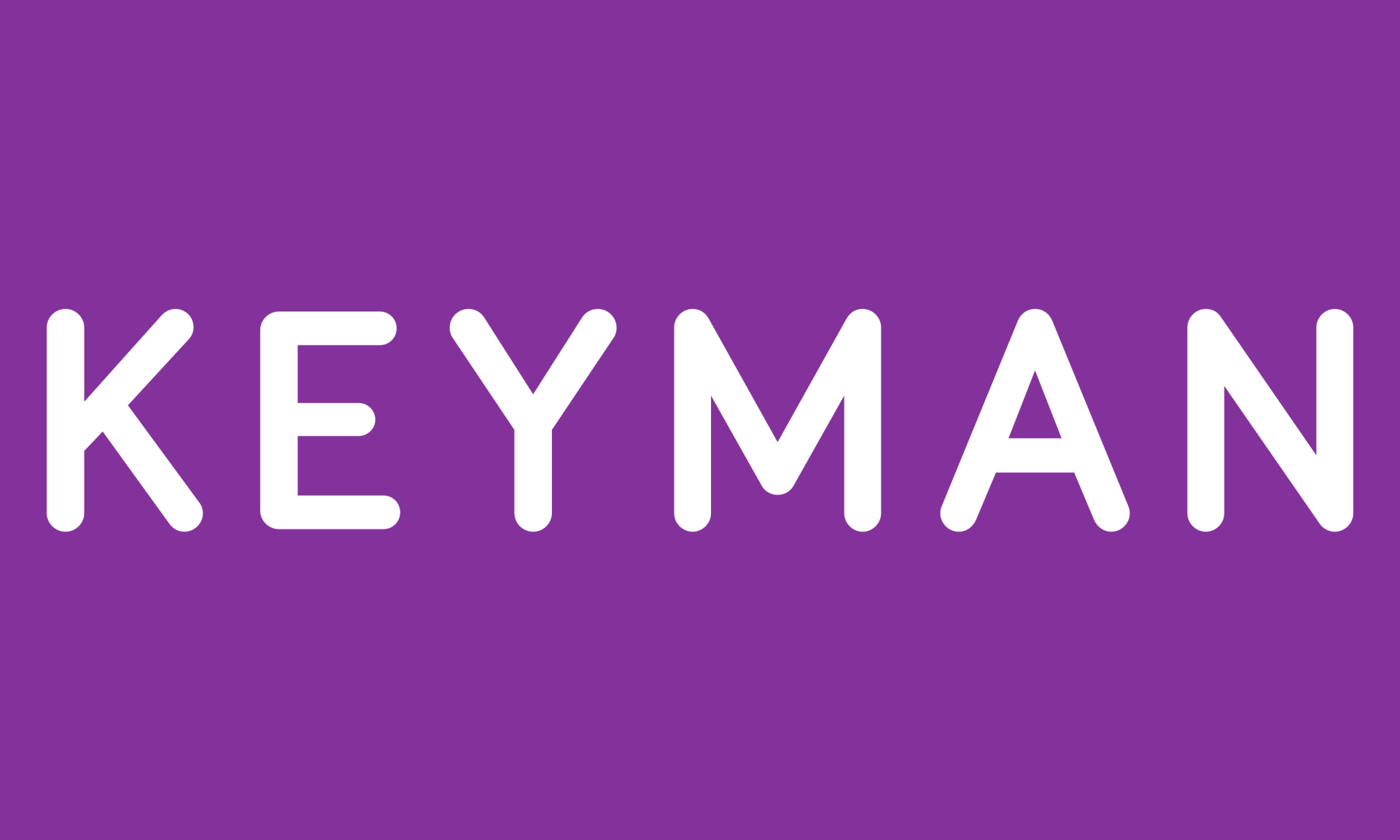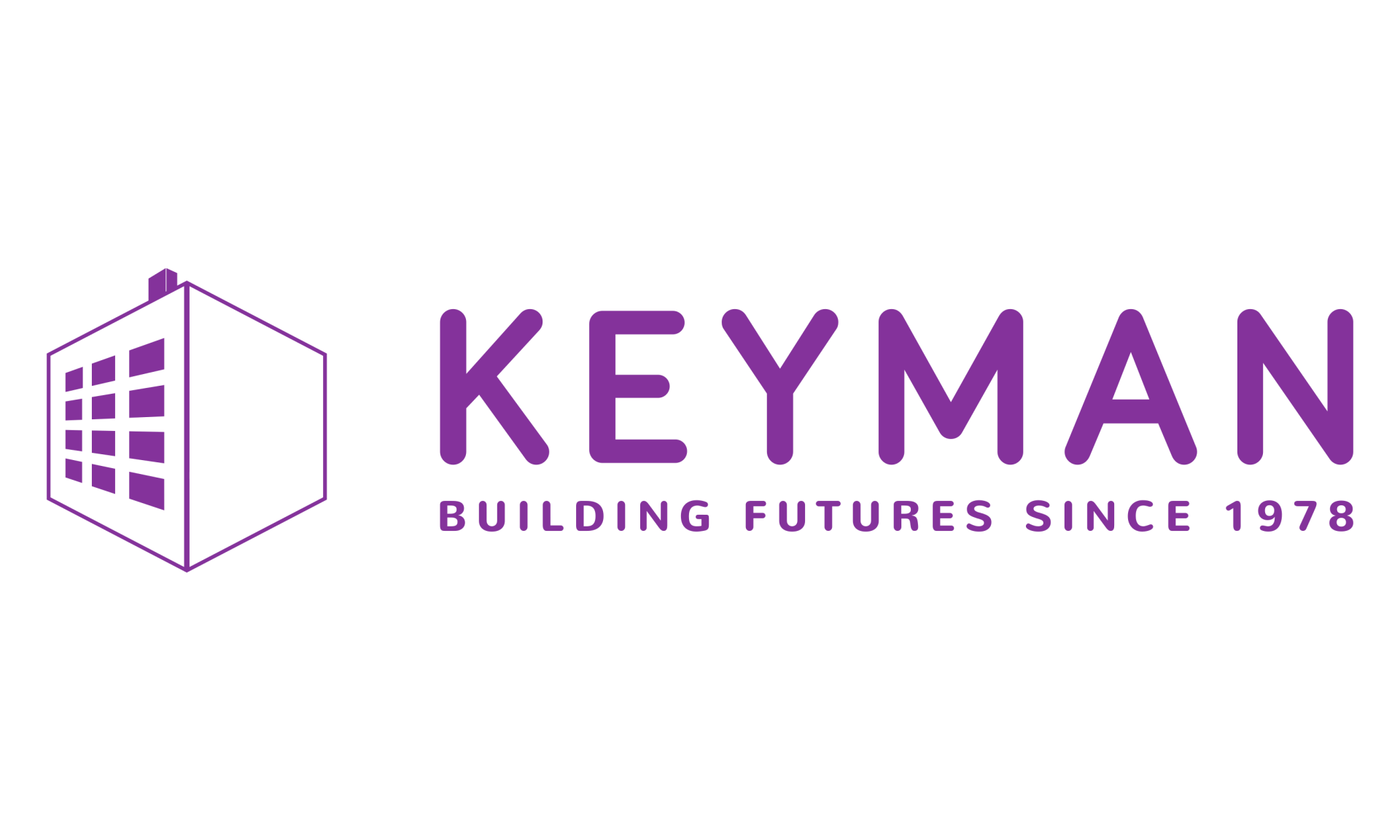
The Mental Health Crisis in Construction
The construction sector has one of the highest suicide rates of any industry. According to the Office for National Statistics (ONS), male construction workers are three times more likely to die by suicide than the national average for men in the UK. In fact, around two construction workers in the UK take their own lives every day.
This stark reality underscores the importance of fostering a supportive and open culture where men feel comfortable discussing their struggles.
Why Are Construction Workers at Risk?
There are several factors contributing to the mental health crisis in construction:
- Job insecurity: Many construction roles are contract-based, leading to financial instability.
- Long hours: Extended working hours and demanding physical labour leave little time for rest or personal life.
- Workplace culture: Traditional notions of masculinity can discourage men from seeking help or expressing vulnerability.
- Isolation: Frequent travel for work can strain relationships with family and friends.
Signs Someone May Be Struggling
Recognising the signs of mental health struggles is critical. These may include:
- Changes in behaviour or mood
- Increased absenteeism
- Lack of motivation or productivity
- Withdrawal from colleagues and loved ones
A Call to Action: Supporting Each Other
Employers and colleagues can play a pivotal role in creating a mentally healthy workplace. Here are a few steps that can make a difference:
- Start conversations: Make mental health a regular topic in team meetings.
- Provide training: Equip managers and team leaders to recognise signs of mental distress.
- Offer resources: Promote access to Employee Assistance Programmes (EAPs) and helplines.
- Normalise help-seeking: Share stories of recovery to break the stigma around mental health.
Organisations Providing Help
If you or someone you know is struggling, reach out to these resources:
Samaritans: Call 116 123 or email jo@samaritans.org for 24/7 support.
Mind: Call 0300 123 3393 or text 86463. Visit www.mind.org.uk for guidance and support.
Construction Industry Helpline: Call 0345 605 1956 or visit www.lighthouseclub.org for advice tailored to construction workers.
CALM (Campaign Against Living Miserably): Call 0800 58 58 58 or visit www.thecalmzone.net for support for men.
Together, We Can Build a Better Future
Mental health is as vital as physical safety on-site. By addressing the challenges head-on and offering support, the construction industry can pave the way for a healthier, more resilient workforce. This November, let’s commit to breaking the silence and ensuring every worker knows they are not alone.
Keyman Blog
